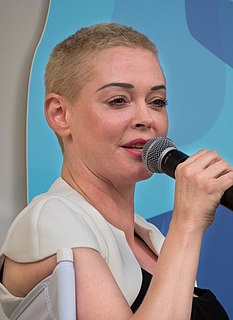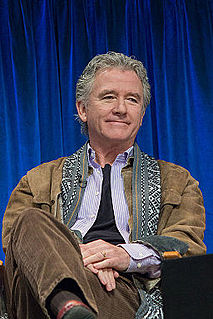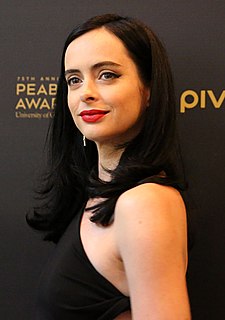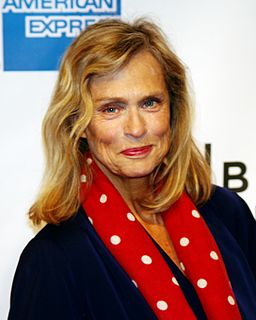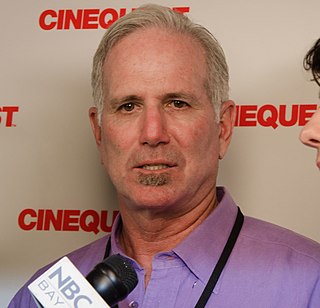A Quote by Suzanne Todd
I think Memento movie was hard because people didn't get it, they just didn't understand it. Not from the stage when we read the script and liked it. It's sort of a famous story now how we finished the movie and showed it to distributors and nobody wanted it. So it wasn't just they didn't get the script, they really didn't even understand the movie when it was done. But I think that was a particularly hard one. I don't think it was harder because we were girls, but I do think obviously there are particular challenges to working in a male-dominated industry.
Related Quotes
I personally never thought that 'Dallas' would resurrect itself because I didn't think anybody knew how to do it. And it was proven to me on the few attempts that were made. The movie that was going to be done, I read that script, it was atrocious. It was just awful. And I just didn't think anybody understood it anymore.
We played around and improvised a ton [in The Hangover], and I think it's hard to say at this point what's what. Gosh, I wouldn't even know how to take a stab at it. The script was so good that we really didn't need to improvise very much, but I think we just found a lot of moments on the set. It's really cool when you get onto the set of a movie and you start shooting the scenes and you start to actually incorporate the environment.
I didn't even think about it when I read the script and then shooting their movie and someone was like "boy, press is going to be fun". And I didn't really know what they were talking about because to me it's just a film shows it as an extremely viable option which is obviously the most important thing for young individuals.
You have to accept that the moment you hand a script to a director, even if you've written it as an original script, it becomes his or her movie. That's the way it has to be because the pressures on a director are so staggering and overwhelming that if he or she doesn't have that sort of level of decision making ability, that sort of free reign, the movie simply won't get done. It won't have a vision behind it. It may not be your vision as a screenwriter, but at least it will have a vision.
I think that's always been part of the thinking behind the script, that - and I really tried really hard to impress that upon the staff of the show, the animation staff - to try to get them to understand that we would only be able to get away with what we were writing if the visuals were appealing enough that it was like a balance, and even people who didn't like what they were hearing would still not want to turn away because what they were seeing was so nice. So that was kind of my hunch, and I think it worked.
With Dawn I was afraid people would just think it's a B-movie and I didn't know what I was doing. That's really what I was afraid of. Like the subtlety of the movie they would miss. If the movie succeeds, it's that people understand the subtlety. That they're able to see past the conventions of what they think a movie is and go a teeny bit deeper and let it be both.
I think it took me seven years before I got the script for 'Frozen River.' That's the movie I had been looking for my whole career. When I read that, I knew I had to shoot that movie - that it'd be a game-changer. It was one of those scripts where I read it, and I was like, 'This movie could get into Sundance.'
I love Child's Play 2! That movie has a great theme: You better listen to children. That's why I wanted to do it. I was scared to do a horror movie - a blatant, studio horror movie - but I liked the script, and I thought that was such an important theme, because I don't think adults listen to children enough.


